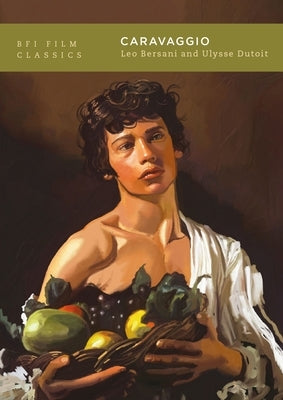Description
Caravaggio (1986), Derek Jarman's portrait of the Italian Baroque artist, shows the painter at work with models drawn from Rome's homeless and prostitutes, and his relationship with two very different lovers: Ranuccio, played by Sean Bean, and Lena, played by Tilda Swinton. It is probably the closest Derek Jarman came to a mainstream film. And yet the film is a uniquely complex and lucid treatment of Jarman's major concerns: violence, history, homosexuality, and the relation between film and painting. In particular, according to Leo Bersani and Ulysse Dutoit, Caravaggio is unlike Jarman's other work in avoiding a sentimentalising of gay relationships and in making no neat distinction between the exercise and the suffering of violence.
Film-making involves a coercive power which, for Bersani and Dutoit, Jarman may, without admitting it to himself, have found deeply seductive. But in Caravaggio this power is renounced, and the result is Jarman's most profound, unsettling and astonishing reflection on sexuality and identity.Author: Leo Bersani, Ulysse Dutoit
Publisher: British Film Institute
Published: 03/25/2021
Pages: 96
Binding Type: Paperback
Weight: 0.40lbs
Size: 7.50h x 4.40w x 0.30d
ISBN13: 9781839022562
ISBN10: 1839022566
BISAC Categories:
- Performing Arts | Film | History & Criticism
- Social Science | LGBTQ+ Studies | Gay Studies
About the Author
Leo Bersani was for some years the Class of 1950 Professor of French, and Ulysse Dutoit is Lecturer in Film, both at the University of California, Berkeley, USA. They are co-authors of The Forms of Violence: Narrative in Assyrian Art and Modern Culture (1985), Arts of Impoverishment: Beckett, Rothko, Resnais (1994) and Caravaggio's Secrets (1998).

